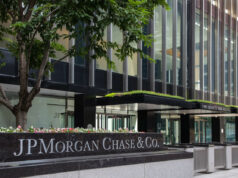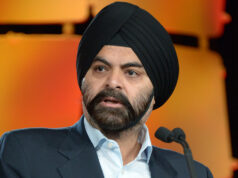French supermarket chain Carrefour has announced a partnership with IBM and International food conglomerate Nestlé. This which will see the companies implementing the IBM Food Chain as a means of tracking infant milk formula, from source to store.
Blockchain is widely considered to be one of the most accessible, affordable and transparent means of recording and tracking valuable data according to universal, smart-contract enforced standards.
As a secure, fast and cheap means of sending transactions; blockchain has most often been associated with, and appropriated by finance oriented institutions. Despite this, there are many innovators using the same technology to send valuable packets of informational data.
These solutions often forgo the tokenization stereotypically associated with distributed ledger technology and take advantage of its open source, immutable and decentralized nature to store, track and verify valuable information.
“This major technological advance is expected to boost consumer confidence by providing transparency on product checks and origins and is now available for all GUIGOZ® Bio 2 and 3 packaging across sales channels.”
Carrefour (press release)
In 2018, families in France were subjected to the greatest European baby milk scare in modern history. Negligence in food standards protocol and enforcement originating from the Lactalis dairy group was found to have potentially resulted in over 10 years of tainted supplies. These supplies had been distributed to over 80 countries worldwide.
Back in 2008, a devastating epidemic of tainted baby milk supplies spread throughout China which has affected approximately 300,00 victims nationwide, with around 54,000 babies said to have been hospitalised during this time. The toxic supplies were even reported to have reached as far as the United Kingdom, via products in Tescos supermarkets.
The result has been a global skyrocketing due diligence and concern on behalf of consumers, with regards to the safety of baby food and drink products.
“Marketing activities of Nestlé, Danone, RB (Mead Johnson), Abbott, Kraft Heinz and FrieslandCampina routinely violate a World Health Organisation code set up to stop aggressive marketing”
via Savethechildren.org.uk
At present, the GUIGOZ® Bio 2 and 3 infant milk range from Nestlé is supported and this new partnership will manifest on store shelves in the form of a QR-code printed onto each product’s packaging. This code which can be scanned by the customer on their personal mobile device to access the blockchain-stored information on where the baby milk came from and how it reached the shelf they picked it up from.
The news follows earlier reports that Nestlé SA had been trialling a similar food-tracking system using blockchain technology for a range of Gerber baby food.
It is interesting to see Nestlé playing the role of responsible provider through its blockchain-associations in the West, however it echoes dark memories of Nestlé’s very own baby-milk controversy, in which tainted formulas were spread and mis-advertised across the Asia-Pacific region.




